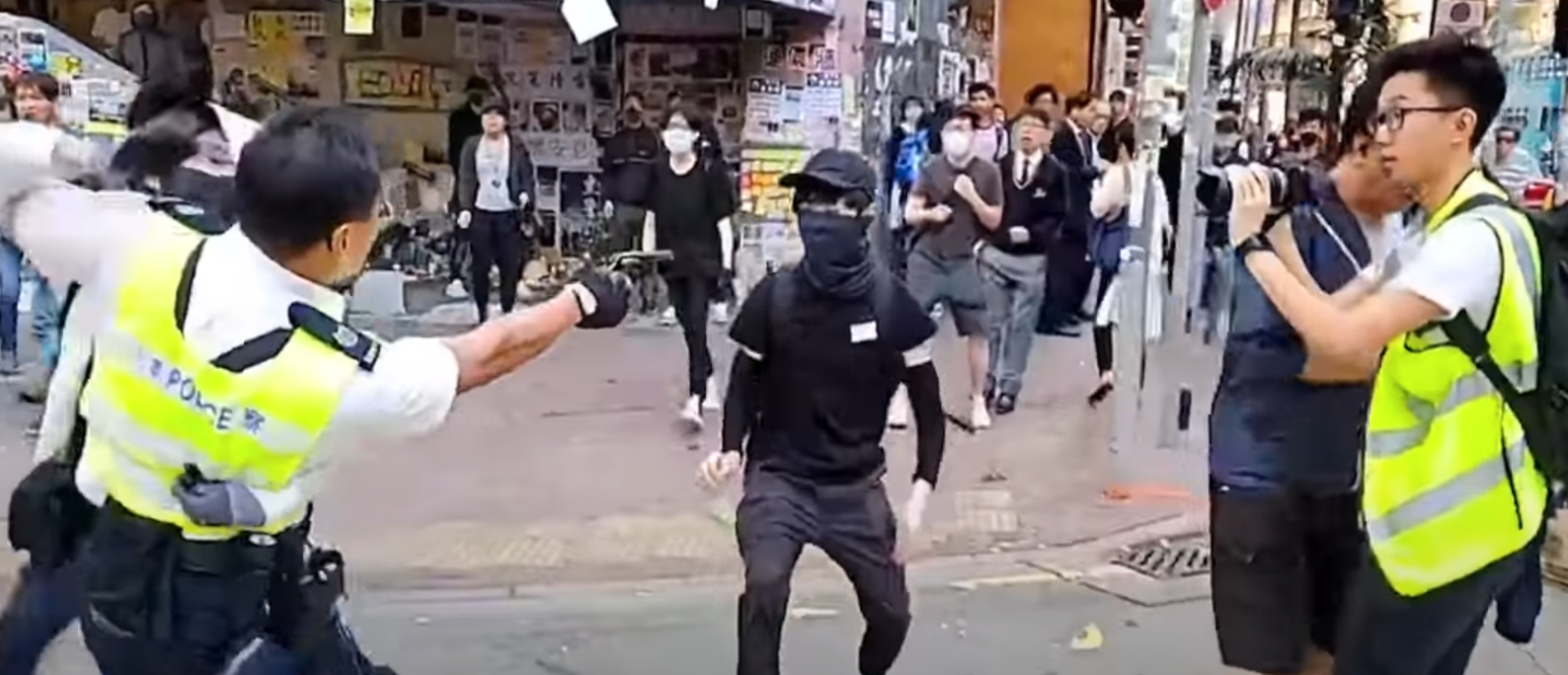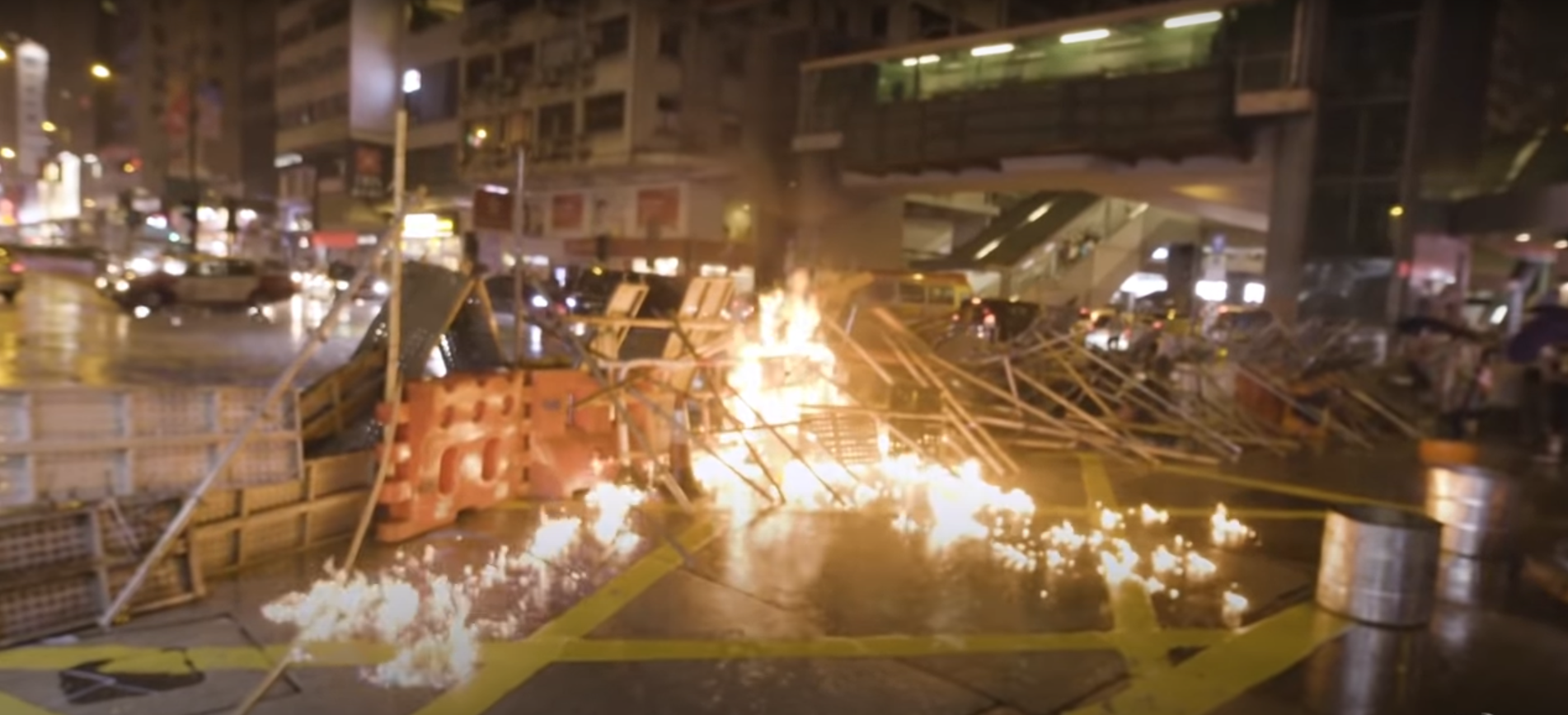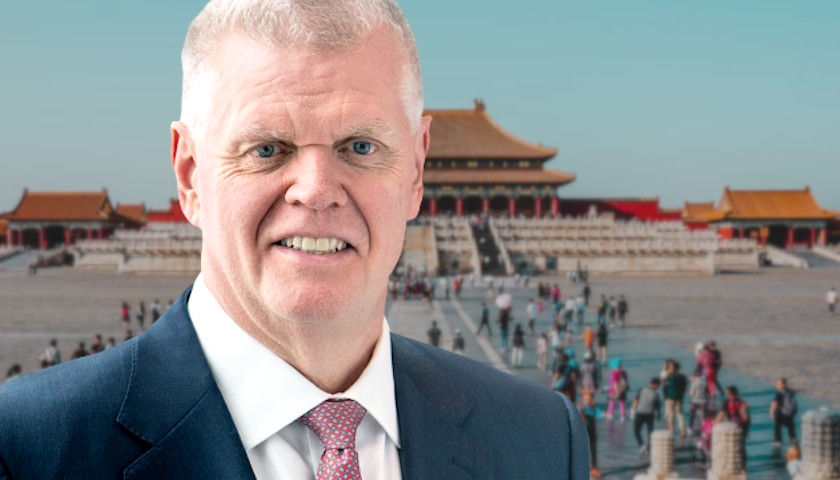by Philip Lenczycki
Congress is demanding answers from a multinational British investment bank after American citizens’ accounts were frozen for running afoul of the Chinese Communist Party during the Hong Kong protests.
In a letter from the Congressional-Executive Commission on China (CECC) to HSBC Group Chief Executive Noel Quinn, Congress raised “questions and concerns” regarding “restrictions placed on the accounts of American citizens and the freezing of accounts of Hong Kong activists, independent media, and civic groups,” asking the second largest bank in Europe to “justify” why such actions were taken and if “actions were requested by Hong Kong authorities or officials from the People’s Republic of China” in the wake of the June 2020 National Security Law.
Signed by a bipartisan group of 13 senators and congressmen, the bicameral Feb. 28 letter also pressed HSBC on whether or not its actions were “consistent with HSBC’s stated policies and the U.N. Guiding Principles on Business and Human Rights.”
 The letter noted Apple Daily executives, publisher Jimmy Lai, his aide Mark Simon, and CEO Cheung Kim-hung also had their accounts targeted by HSBC.
The letter noted Apple Daily executives, publisher Jimmy Lai, his aide Mark Simon, and CEO Cheung Kim-hung also had their accounts targeted by HSBC.
“What shocked me most about the HSBC freezing of my Hong Kong account was how I was banned by HSBC US, still am, from sending wires and how HSBC staff in U.S. at my branch knew much more of my situation with HSBC HK than was rational,” Mark Simon told the Daily Caller News Foundation.
“It wasn’t just my checking accounts that were frozen, it was business accounts,” he said. “I missed payments and payrolls.”
The National Security Law followed Hong Kong’s 2019-2020 protests which opposed Chinese Communist Party (CCP) violations of the principle of “one country, two systems.” Among other things, the “one country, two systems” framework assured the special administrative region its own legal system.
Marking its anniversary in 2021, U.S. Secretary of State Antony Blinken said on July 16 that the National Security Law had “systematically undermined Hong Kong’s democratic institutions.”

Wong is a member of the Chinese People’s Political Consultative Conference (CPPCC), a Communist Party organization which has been described as “the peak United Front forum, bringing together CCP officials and Chinese elites” by a June 2020 Australian Strategic Policy Institute report.
The CECC letter stated the National Security Law had “put almost the entirety of the city’s opposition figures behind bars and denied bail to most” before rewriting “electoral rules to allow only ‘patriots’ fully vetted by the national security police to run in future elections.”
Blinken also described the legislation as having “delayed elections, disqualified elected lawmakers from office, and forced officials to take loyalty oaths to keep their jobs,” according to his July 2021 remarks.
In October 2021, hundreds of politicians in Hong Kong were compelled to swear loyalty oaths to the CCP. Communist Party officials later concluded 49 of the politicians had made insincere loyalty oaths and consequently faced prosecution, according to a Bloomberg report.

The “former pro-democracy legislator” Ted Hui and his family members, as well as Pastor Ray Chan and his church had their bank accounts frozen by HSBC, according to the letter from Congress.
Asking HSBC to “reverse all actions taken” against “the accounts of American citizens or legal permanent residents,” the CECC letter also urged HSBC to “answer directly” if its actions had in any way contributed to the erosion of “freedom of assembly, speech, press, or independent rule of law” or undermined participation in “democratic outcomes.”
The HSBC and the British Embassy in Washington, D.C., did not immediately respond for comment.
– – –
Philip Lenczycki is a reporter at Daily Caller News Foundation.
Photo “Noel Quinn” by HSBC.




